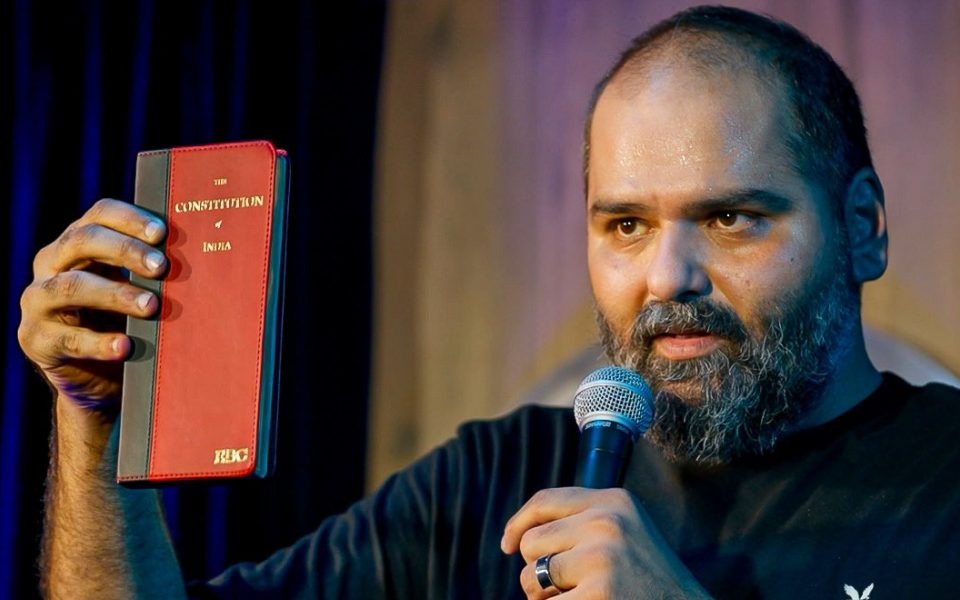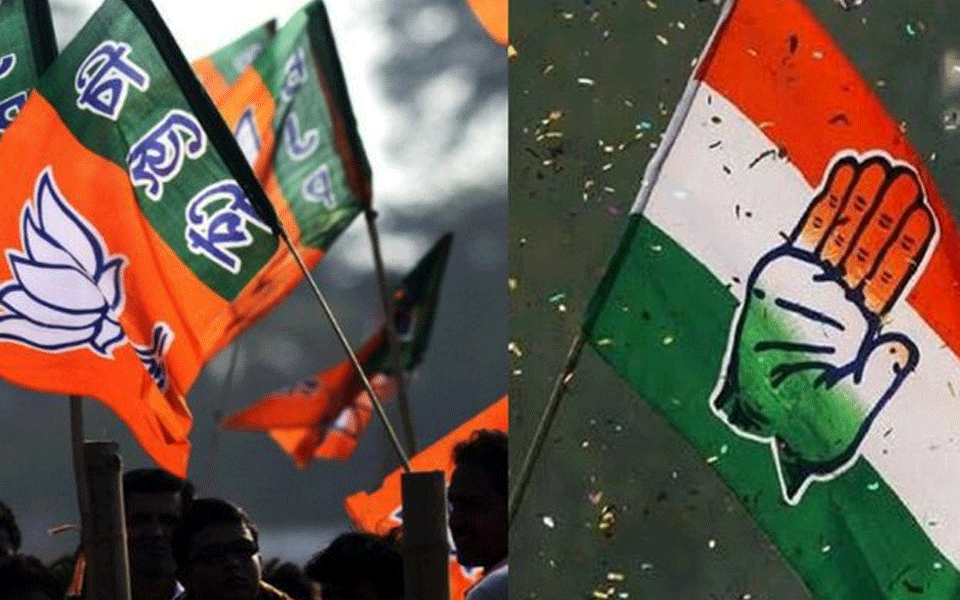New Delhi: The amended Waqf Bill, passed in both Houses of Parliament and now awaiting the President’s assent, is expected to impact more than 73,000 disputed Waqf properties across the country. These properties are listed in the Waqf Assets Management System of India (WAMSI), a Central government database that categorises them as encroached, alienated, or under litigation.
India has approximately 8.8 lakh Waqf properties spread across 30 states and Union Territories, many of which face legal and administrative challenges. Waqf properties are charitable or religious endowments made by Muslims and held in the name of God, although they are often used to benefit individuals or institutions.
Uttar Pradesh accounts for the highest number of such properties at around 2.4 lakh, followed by West Bengal, Punjab, Tamil Nadu, and Karnataka. Bihar and Uttar Pradesh are the only states with separate Sunni and Shia Waqf boards.
The revised Bill introduces a tribunal system to handle Waqf disputes, including those involving alleged illegal transfers or encroachments. The tribunal will include a District Judge and a senior state official. Many encroachments involve claims by government agencies.
In addition to dispute resolution, the Bill alters the management structure of Waqf properties by changing the composition of state Waqf boards and redefining the role of state governments. Though initially referred to a Joint Committee of Parliament after opposition protests, the final draft includes only the 14 amendments proposed by NDA members. All 44 suggestions from the Opposition were rejected.
More than two-thirds of Waqf properties include graveyards, agricultural land, mosques, shops, or residential buildings. Graveyards alone make up 17.3% of the total. The history of Waqf-related disputes includes landmark cases like the Babri Masjid in Ayodhya, which remained under litigation until the Supreme Court’s 2019 verdict.
Let the Truth be known. If you read VB and like VB, please be a VB Supporter and Help us deliver the Truth to one and all.
Chandigarh (PTI): Two persons have been arrested in connection with a blast at Punjab BJP leader Manoranjan Kalia's residence in Jalandhar, a senior police officer said on Tuesday.
He further said the e-rickshaw used in the crime has also been recovered.
Addressing the media here, Special Director General of Police (law and order) Arpit Shukla said the crime was committed to disturb communal harmony.
"It was a major conspiracy of Pakistan's ISI. Zeeshan Akhtar, who is an associate of gangster Lawrence Bishnoi and (Pakistani gangster) Shahzad Bhatti, they had hatched a conspiracy," said Shukla.
He further said an investigation into the possible links of the Babbar Khalsa International is also underway, adding that Punjab Police was also in touch with the central agencies.
A blast at Kalia's residence in Jalandhar early Tuesday damaged an aluminum partition, shattered glass windows of his home, his SUV and a motorcycle in the courtyard. No one was hurt, police said.
Kalia, a former Cabinet minister and former president of Punjab BJP, was at home when the explosion took place. He is also a member of the BJP's national executive.
There have been many incidents of explosions, targeting police posts in Amritsar and Gurdaspur in the past four to five months but this is the first such incident when the house of a prominent politician was targeted. Last month, a blast occurred outside a temple in Amritsar.




